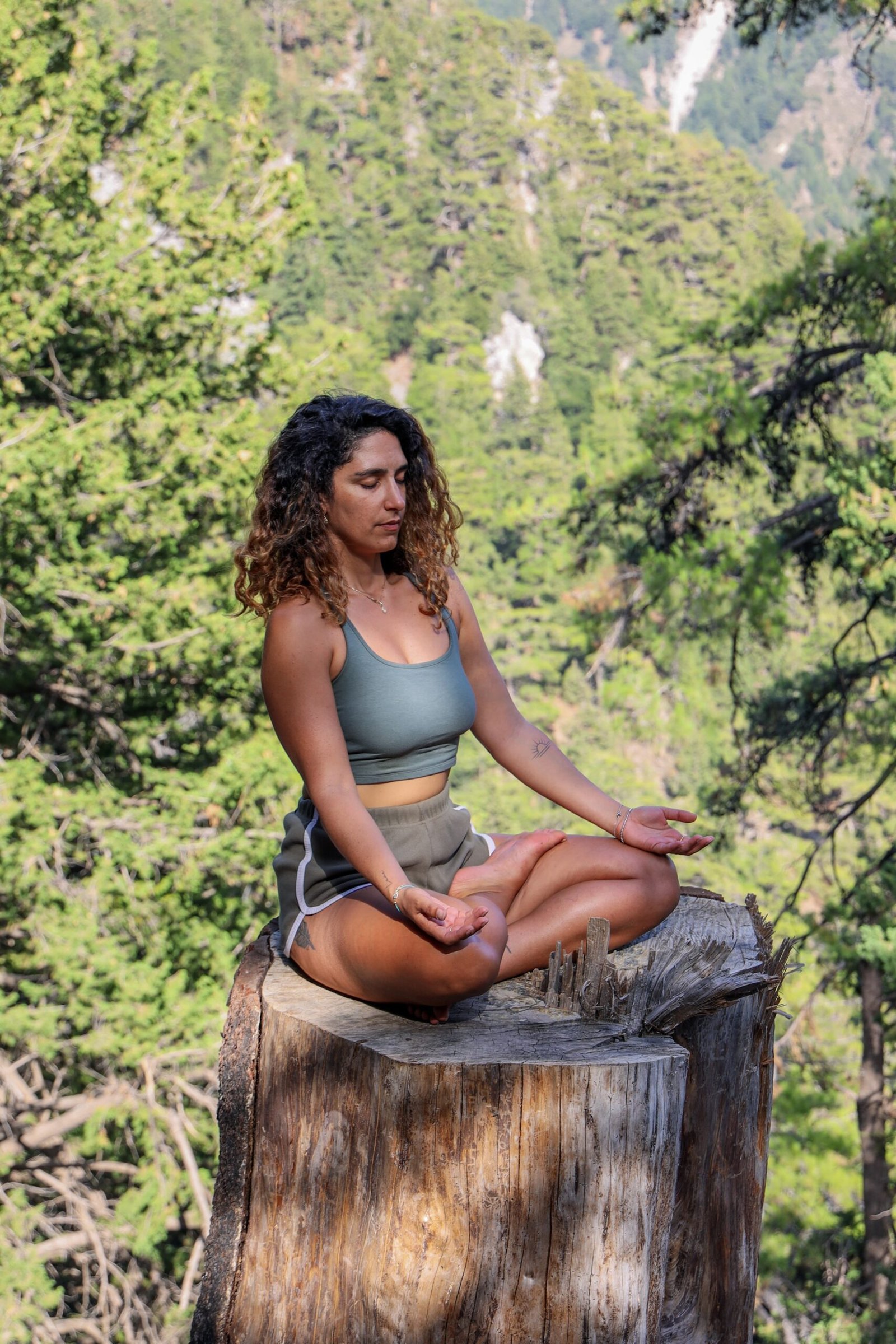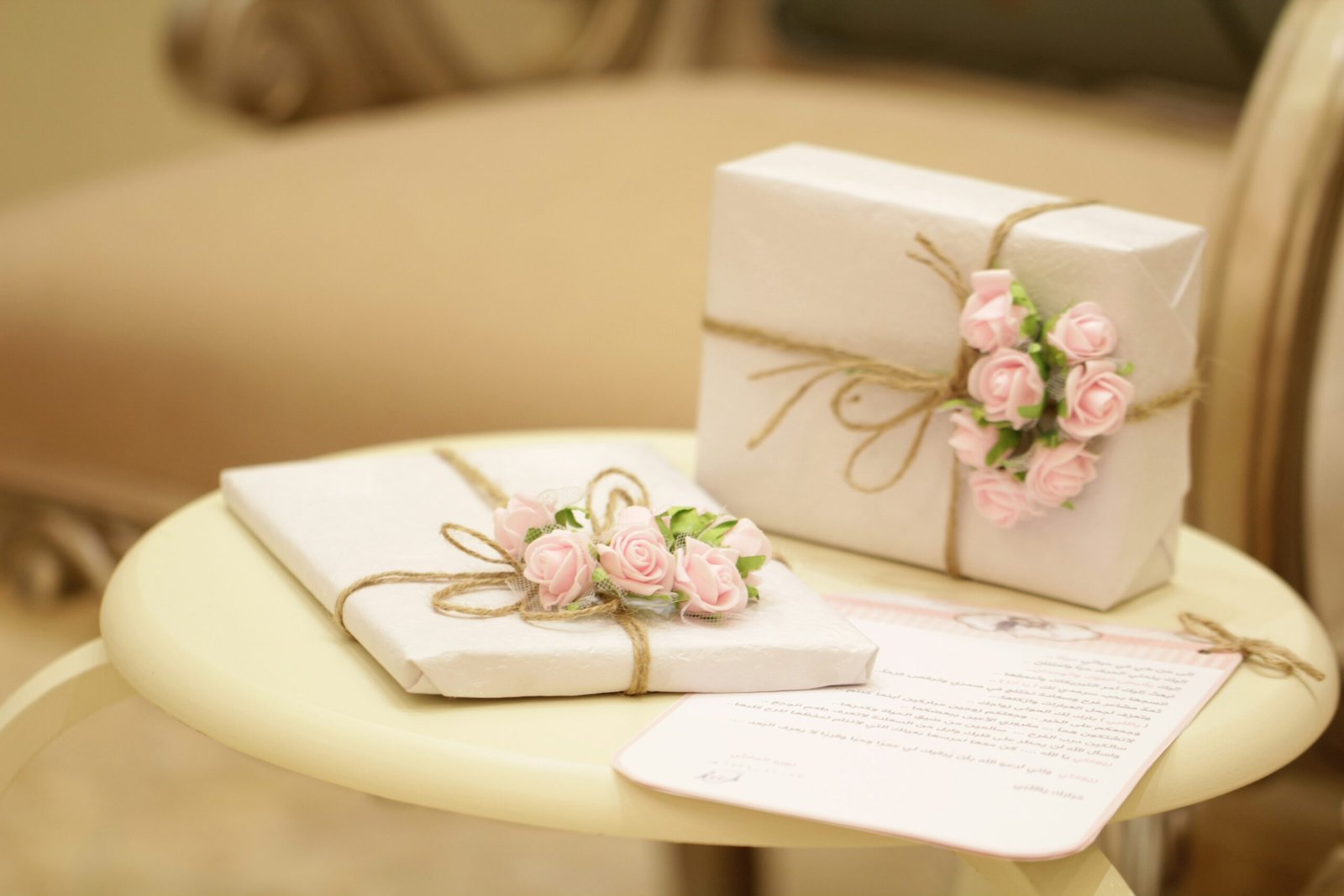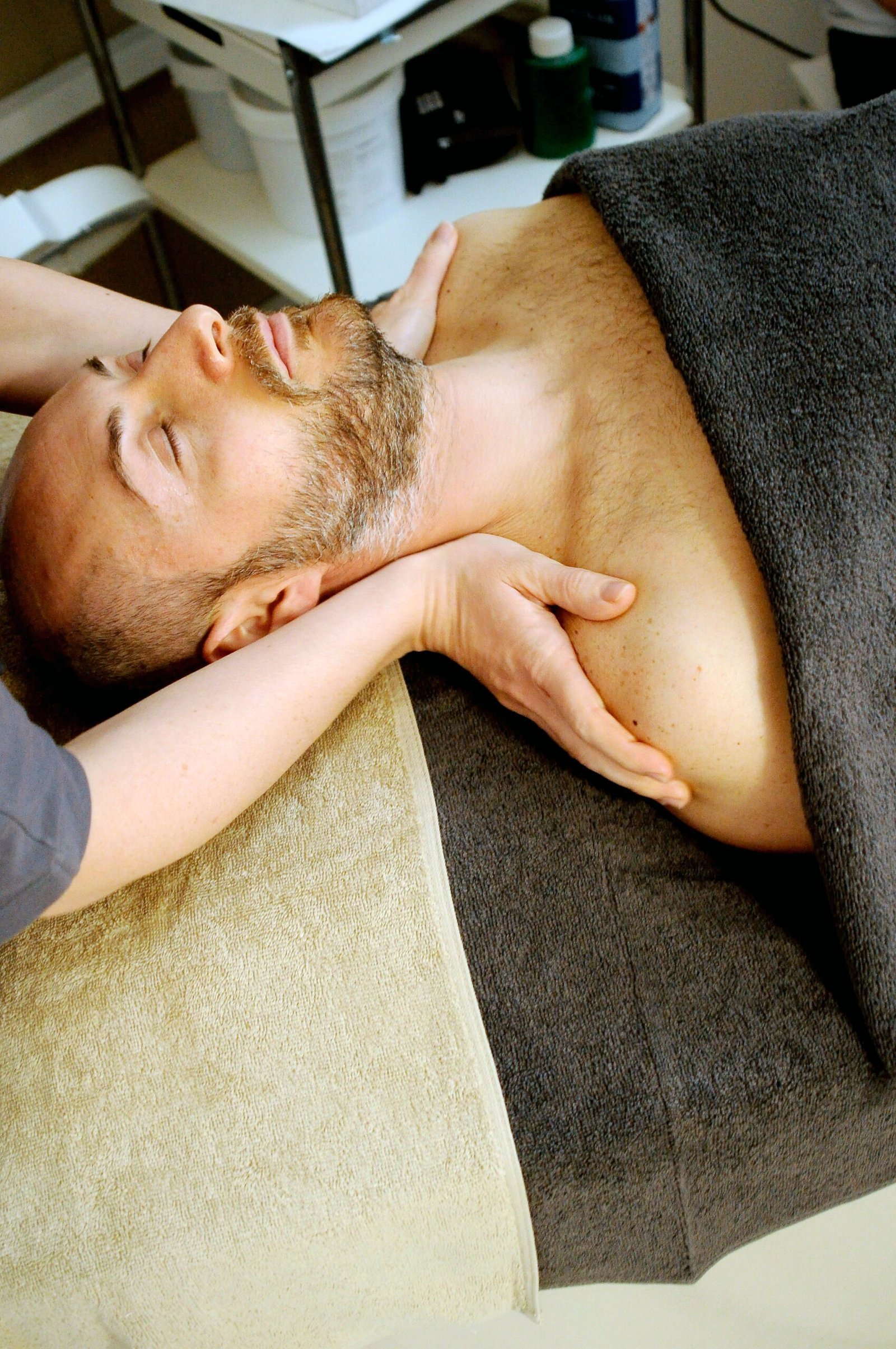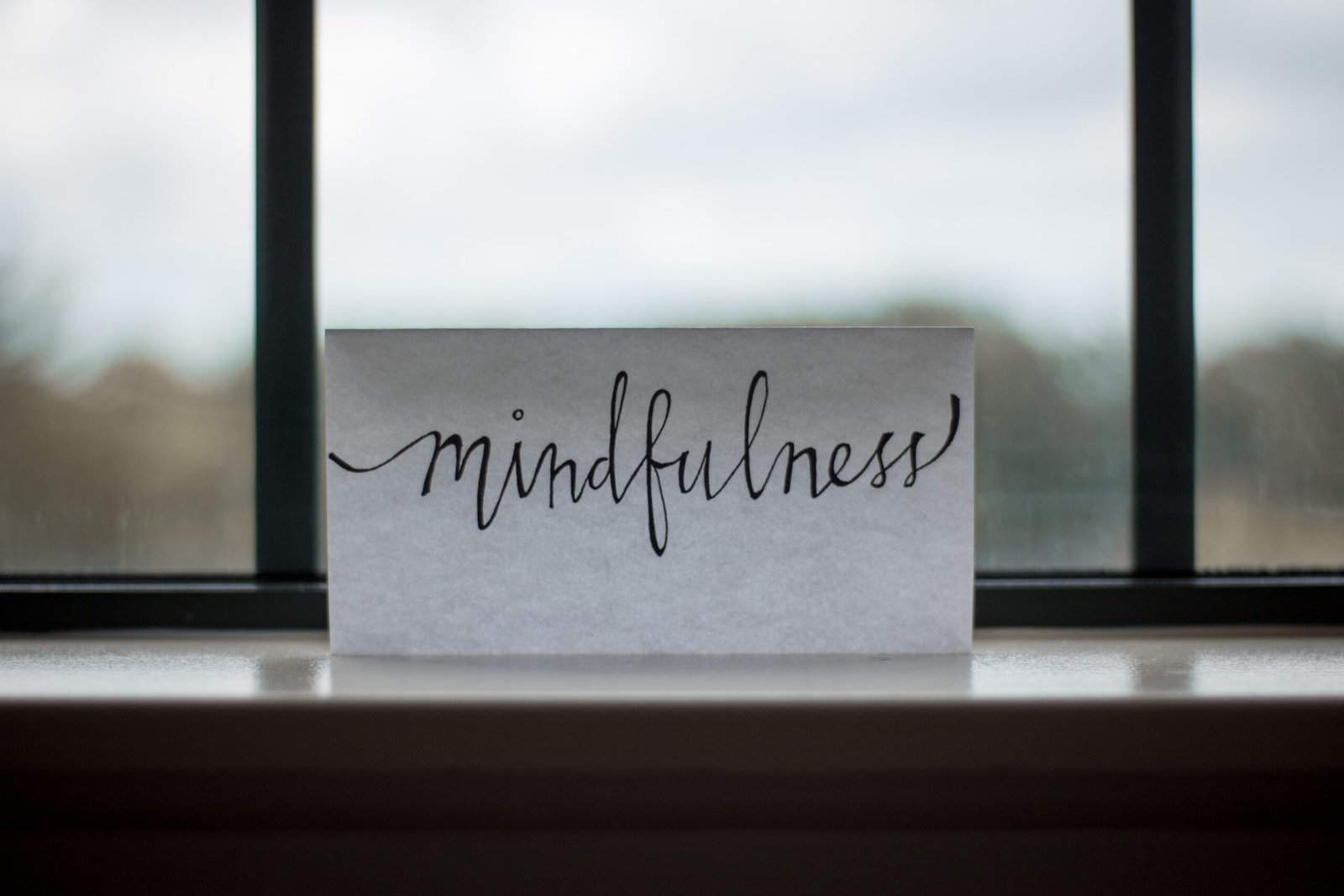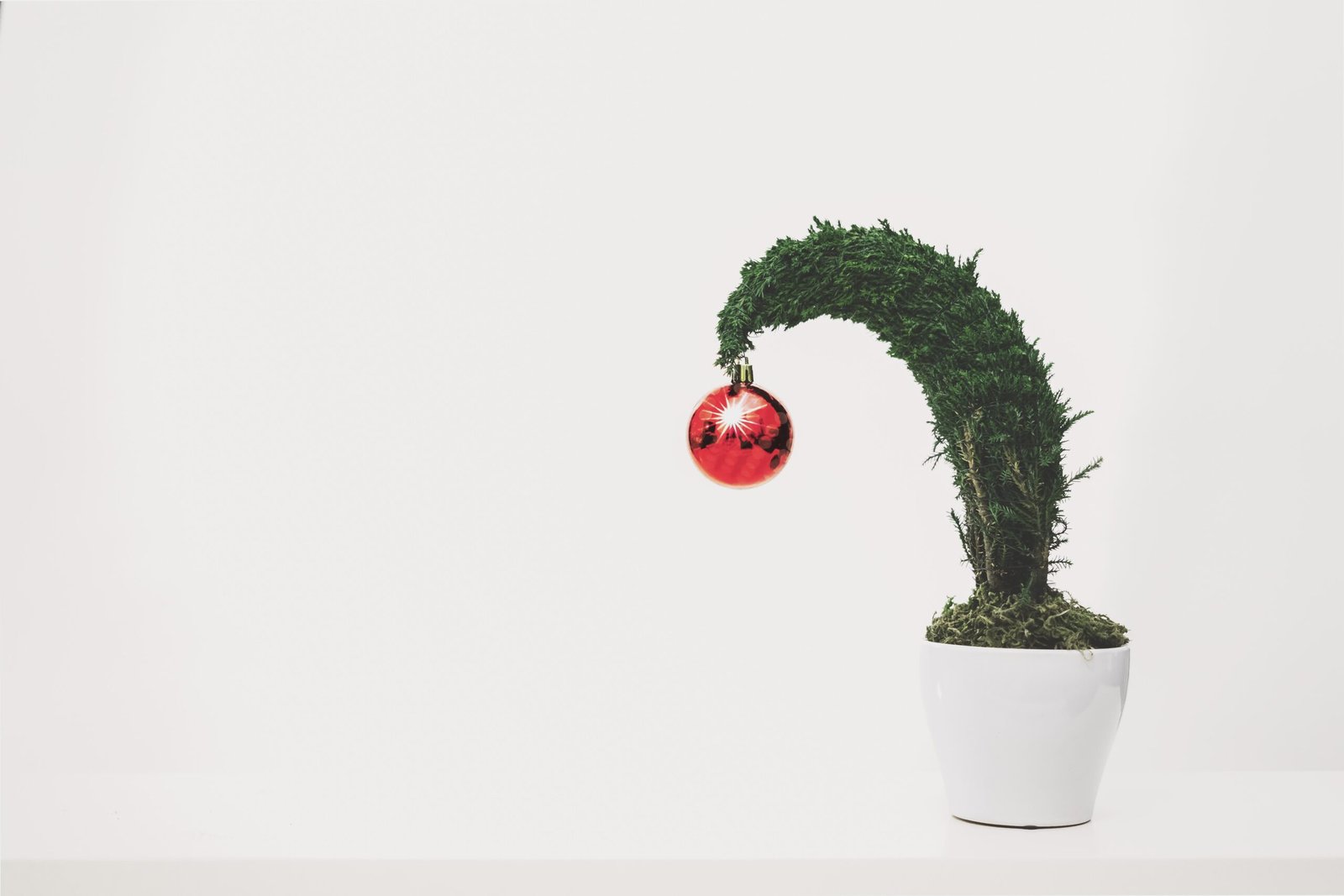Top 10 Mindfulness Techniques for Managing Holiday Stress
Introduction:
The holiday season is often filled with joy, love, and warmth, but it can also bring about stress and anxiety. From shopping for gifts to attending social gatherings, the demands of the holiday season can sometimes become overwhelming. However, by incorporating mindfulness techniques into your daily routine, you can find peace and serenity amidst the chaos. In this article, we will explore the top 10 mindfulness techniques for managing holiday stress, allowing you to fully enjoy the season with a calm and centered mind.
1. Practice Deep Breathing
One of the simplest yet most effective mindfulness techniques is deep breathing. Take a moment each day to focus on your breath. Inhale deeply, hold for a few seconds, and then exhale slowly. This practice helps activate the body’s relaxation response, reducing stress and promoting a sense of calm.
2. Engage in Meditation
Meditation is a powerful tool for managing stress and cultivating mindfulness. Find a quiet space, close your eyes, and focus your attention on your breath or a specific mantra. Allow any thoughts or worries to pass by without judgment, gently bringing your attention back to the present moment. Regular meditation practice can help you stay grounded and centered throughout the holiday season.
3. Practice Gratitude
During the hustle and bustle of the holidays, it’s easy to get caught up in what we don’t have or what we need to do. Practicing gratitude can shift our focus to what we already have and cultivate a sense of contentment. Each day, take a few moments to reflect on three things you are grateful for. This simple practice can bring about a profound shift in your mindset and overall well-being.
4. Set Boundaries
It’s important to set boundaries during the holiday season to protect your time and energy. Learn to say no to activities or commitments that do not align with your priorities or values. By setting clear boundaries, you can create space for self-care and ensure that you are not overextending yourself.
5. Engage in Mindful Eating
The holiday season often involves indulging in delicious meals and treats. However, practicing mindful eating can help prevent overeating and promote a healthier relationship with food. Pay attention to the flavors, textures, and sensations of each bite. Chew slowly and savor each mouthful. By being fully present during meals, you can enjoy the experience and make conscious choices that nourish your body.
6. Take Breaks
Amidst the holiday chaos, it’s important to take breaks and recharge. Schedule short breaks throughout the day to engage in activities that bring you joy and relaxation. Whether it’s going for a walk, reading a book, or practicing a hobby, taking time for yourself can help reduce stress and increase productivity.
7. Practice Mindful Movement
Engaging in mindful movement, such as yoga or tai chi, can help release tension and promote a sense of calm. These practices combine gentle movements with breath awareness, allowing you to connect with your body and quiet your mind. Find a class or follow online videos to incorporate mindful movement into your holiday routine.
8. Disconnect from Technology
The constant notifications and distractions from technology can contribute to stress and overwhelm. Take time each day to disconnect from your devices and immerse yourself in the present moment. Engage in activities that do not involve screens, such as spending time in nature, reading a book, or having meaningful conversations with loved ones.
9. Practice Self-Compassion
During the holiday season, it’s important to practice self-compassion and let go of perfectionism. Remember that it’s okay to prioritize self-care and set realistic expectations for yourself. Treat yourself with kindness and understanding, embracing imperfections and allowing yourself to fully enjoy the holiday season.
10. Cultivate Mindful Relationships
The holiday season is a time for connection and celebration with loved ones. Practice mindful communication and active listening when engaging with others. Be fully present during conversations, offering your undivided attention and genuine interest. Cultivating mindful relationships can deepen connections and enhance the joy of the holiday season.
Conclusion:
By incorporating these top 10 mindfulness techniques into your holiday routine, you can manage stress and cultivate a sense of peace and well-being. Remember to prioritize self-care, set boundaries, and practice gratitude throughout the season. Embrace the present moment and fully enjoy the joy and love that the holidays bring. Take a deep breath, let go of expectations, and savor the beauty of this special time.
Call to Action:
Share this article with others who may benefit from these mindfulness techniques for managing holiday stress. Together, let’s create a holiday season filled with peace, joy, and mindfulness.
FAQs:
Question 1: How often should I practice these mindfulness techniques?
Answer: It’s recommended to incorporate these techniques into your daily routine. Even a few minutes each day can make a significant difference in managing holiday stress.
Question 2: Can mindfulness techniques help with family conflicts during the holidays?
Answer: Yes, practicing mindfulness can help you respond to family conflicts with greater compassion and understanding. By staying present and managing your emotions, you can navigate challenging situations more effectively.
Question 3: Are there any apps or resources that can assist with mindfulness practice?
Answer: Yes, there are several apps and online resources available that offer guided meditations, breathing exercises, and mindfulness practices. Some popular options include Headspace, Calm, and Insight Timer.
Question 4: Can mindfulness techniques be practiced in a group setting?
Answer: Absolutely! Mindfulness can be practiced individually or in a group setting. Consider joining a local meditation or yoga class during the holiday season to enhance your mindfulness practice and connect with like-minded individuals.
Question 5: How long does it take to experience the benefits of mindfulness?
Answer: The benefits of mindfulness can be experienced immediately, but they tend to deepen with regular practice. With time and consistency, you will notice increased resilience, improved focus, and a greater sense of well-being.
Question 6: Can mindfulness techniques help with post-holiday blues?
Answer: Yes, mindfulness techniques can be helpful in managing post-holiday blues. By staying present and practicing self-care, you can navigate the transition from the holiday season with greater ease and grace.
Question 7: Can mindfulness techniques be practiced while at work?
Answer: Absolutely! Mindfulness techniques can be incorporated into your workday to reduce stress and increase focus. Taking short breaks for deep breathing or practicing mindful eating during lunch can make a significant difference in your overall well-being.
Question 8: Can mindfulness techniques help with financial stress during the holidays?
Answer: Yes, mindfulness techniques can help you manage financial stress by promoting a sense of calm and reducing anxiety. By practicing gratitude and setting realistic expectations, you can cultivate a healthier relationship with money and make conscious financial decisions.
Question 9: Are there any specific mindfulness techniques for children during the holidays?
Answer: Yes, there are mindfulness techniques specifically designed for children, such as mindful coloring, breathing exercises, and guided visualizations. These techniques can help children manage stress and cultivate a sense of calm during the holiday season.
Question 10: Can mindfulness techniques be practiced year-round?
Answer: Absolutely! Mindfulness is a practice that can be incorporated into your daily life, regardless of the time of year. By cultivating mindfulness year-round, you can experience greater peace, joy, and well-being in all aspects of your life.
Tips:
- Start with just a few minutes of mindfulness practice each day and gradually increase the duration as you become more comfortable.
- Experiment with different mindfulness techniques to find what works best for you. Everyone is unique, so it’s important to find practices that resonate with your needs and preferences.
- Be patient with yourself. Mindfulness is a skill that takes time and practice to develop. Embrace the process and celebrate small victories along the way.
- Remember that mindfulness is not about eliminating thoughts or emotions but rather observing them without judgment. Be gentle with yourself and allow whatever arises to be present.
- Consider creating a dedicated space for mindfulness practice in your home. This can be a quiet corner, a meditation cushion, or simply a comfortable chair where you can retreat and reconnect with yourself.
